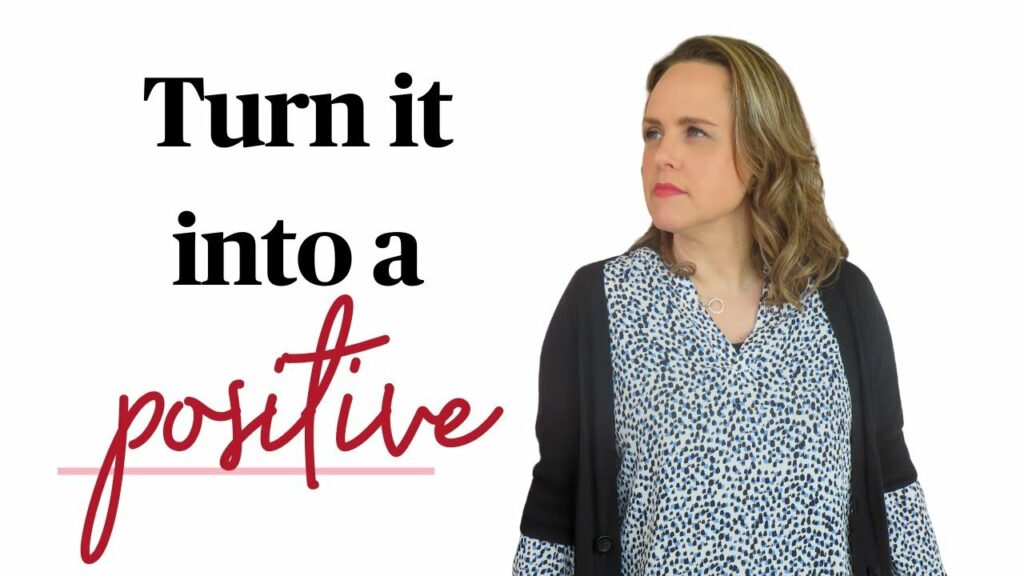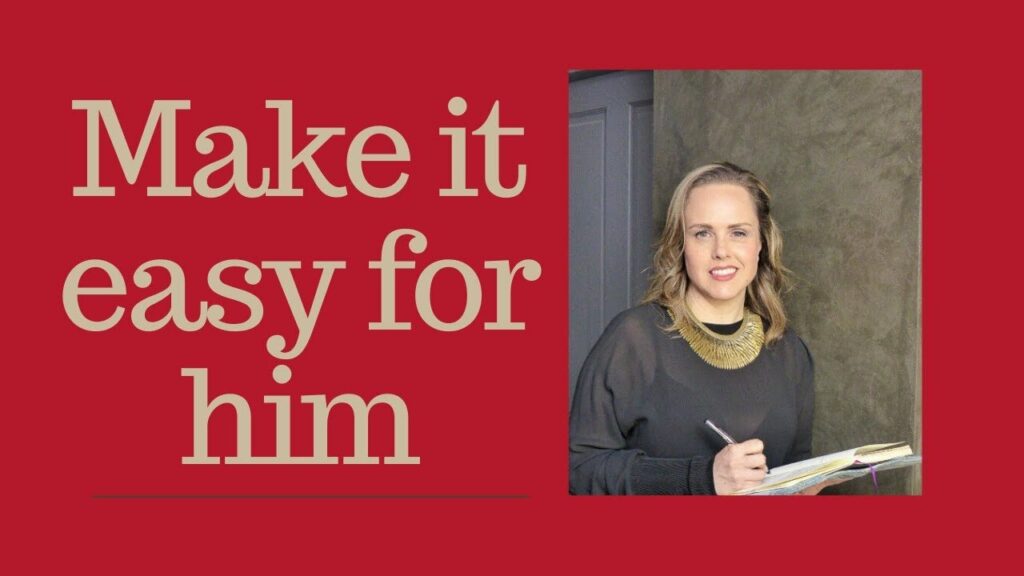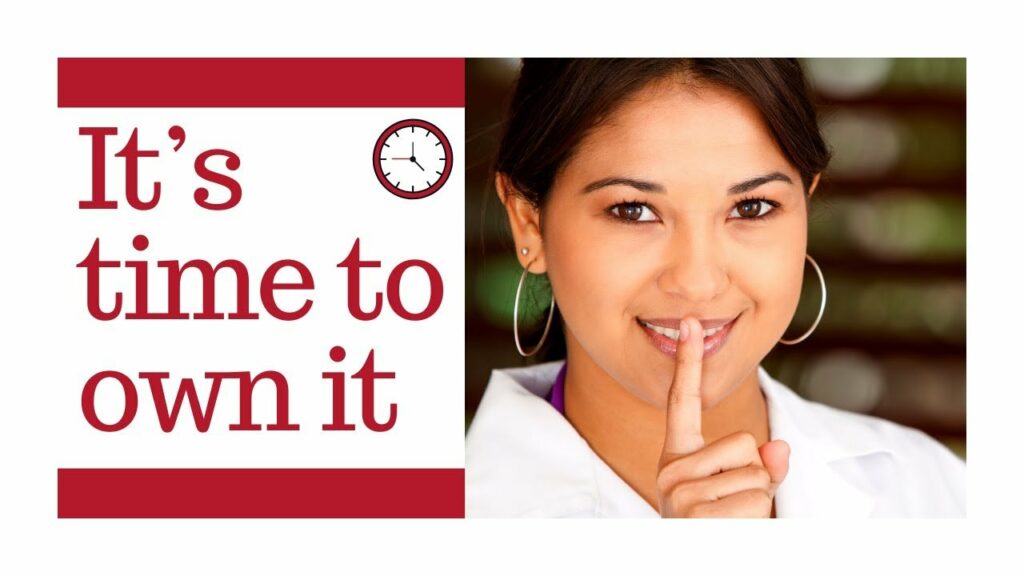I’m going to give you 3 of the best ways you can have confidence by embracing your self-doubt. Read until the end to understand what the one or possibly two personalities whom you share a bed with (if you are like me) are telling you about the value of self-doubt in the middle of the night.
As a speaker and someone who has done over 2500 hours of executive coaching with my clients, I have talked with thousands of professional women, most of whom have asked me how to have more confidence. Turns out though – we’re looking at it all wrong. Instead of wanting more confidence, we should be embracing our self-doubt, because if you manage it right, it can pay dividends towards looking and feeling more confident. Keep reading – it will all make perfect sense!
Our biggest mistake is thinking that successful people somehow magically just have more confidence, but often they’re just successful in getting others to THINK they have more confidence. They are experts in using their self-doubt to their advantage, and becoming more competent in the areas in which they are lacking.
So instead of striving for more confidence, here’s how you can use your self-doubt to your advantage.
Self-doubt is productive for three key reasons.
1. First, it keeps you trying harder. In theory, having a lot of confidence sounds great, but it most often stops that drive to improve. In fact, confidence and competence are inversely related, which means the more confidence you have, the less likely you are actually work on improving your competence. That should be a big worry for organisations, particularly those who primarily tell people they need to ‘have more confidence’ as if that’s the magic key. That’s no magic key, it’s actually a risk.
This became clear when I interviewed Kainaz Gazder, She is a Vice President at P&G, a company she’s been with for over 23 years. She’s now based inSingapore but got her first lessons about workplace confidence when she was a trainee in India, her country of origin.
She first interpreted confidence based on what you say about yourself. Second, it was about what you actually knew. Gazder joked with me: “Most people spend a lot more time focused on that first element to the detriment of the second! When I first started working, all my fellow MBA graduates had grandiose plans for their future. Compared to them I felt I knew nothing and had no master plan. My only option was to build credibility through my work, and then talk about that. For Gazder, building her skills, her competence, and not just how they talked about them, was vital. This is important to her as Gazder has subsequently hired dozens of people and she says: ‘When I’m hiring, I’m not looking at how well people present their own plans – that first element of confidence. That’s actually the easy part of confidence! The far better question is ‘Do they know their stuff?’ That comes from the recommendations they make and their ability to answer tough questions.’
So the tip here is to think about how YOU are representing yourself and answering questions. Whether it’s in meetings, or questions from your boss.
Frame your answers as something evidence-based and born out of your experience, not solely on how you feel about a topic. Your competence in the topic will shine through, and people will value your experience way more than simply your feelings or opinions on a topic.
2. The second reason you should embrace self-doubt is that it prevents you from taking risky liberties as if you were entitled to them.
Confidence can quickly turn ugly, and give people a sense they’re beyond reproach or above the law – which again, should be a concern for businesses both from a reputational, not to mention financial damage, perspective.
As I discuss in my new book, our headline news is littered with stories of people whose confidence meant they lied and took liberties they shouldn’t have, all because they were confident. Everyone from Elizabeth Holmes who defrauded high profile investors for her DNA testing business, Theranos, that was based on no real science at all, all the way to the uber-confident Harvey Weinstein whose sexual abuse of women he met is so legendary it spawned the entire #MeToo movement. I’d dare say that if they, and countless others who make some very high profile mistakes had had a bit more self-doubt, they wouldn’t be in the position they’re in now.
So the practical tip in this one is think back to a decision where second guessing yourself actually led to a better result than it would have done, if you’d confidently blazed ahead assuming you were in the right.
We all have moments like these, don’t be afraid of self-doubt, instead be afraid of the people who say they’d do everything all the same again. Sure, making mistakes can make you better, but you have to be self-aware enough to ensure you don’t make the same mistakes again – and that self-awareness is only helped if you have a bit of self-doubt!
3. The final way to embrace self-doubt is by using it as the amazing self-awareness tool that it is.
This is where a journal comes in, and the fastest way to re-frame the challenges of the day. If your self-doubt is causing you anxiety, start a gratitude journal ‒ list out three things that happened that day for which you are grateful and one thing you can do tomorrow to address a worry, perhaps have a tough conversation with a colleague, call that creditor, or in my case, call that client, who I worry has been ignoring me when the truth is they have other priorities too and almost never avoiding me that way I assumed they were.
This pre-bed positive reframing helps reduce anxiety and actually improves sleep – because if you’re anything like me, you’ve had 3am sleepless nights.
Remember, nothing in your life looks good at 3am. It’s best to get back to sleep as quickly as possible to avoid a rumination fest, that I find is only exacerbated when the person next to you is happily snoring, completely unaware of your self-flagellating tendencies – and that is cleaner that it sounds, after I’ve said it!
Remember, that person lying next to you, and in my case the cavapoo who actually sleeps between us, are great reminders that there are far better things to do at 3am than thinking about how the whole world is going to the dogs.
The journal entries will not just help your sleep, it will improve your self-awareness. Once you’re more aware of the specifics that are keeping you up at night, you can address them – usually by becoming more competent in them… which if you don’t already know… will lead you to having more confidence.
There is a belief particularly amongst those who often feel like outsiders and are not part of the status quo at work, that it’s your self-doubt is holding you back. In actual fact, there is a fundamental problem with the way we view confidence in our society, and it’s having a detrimental effect on anyone who is not part of the ‘status quo’.
If you’ve ever been kept awake at 3am by your self-doubt – share this post: https://ctt.ac/cPzaU. Trust me – you are not the only one!



